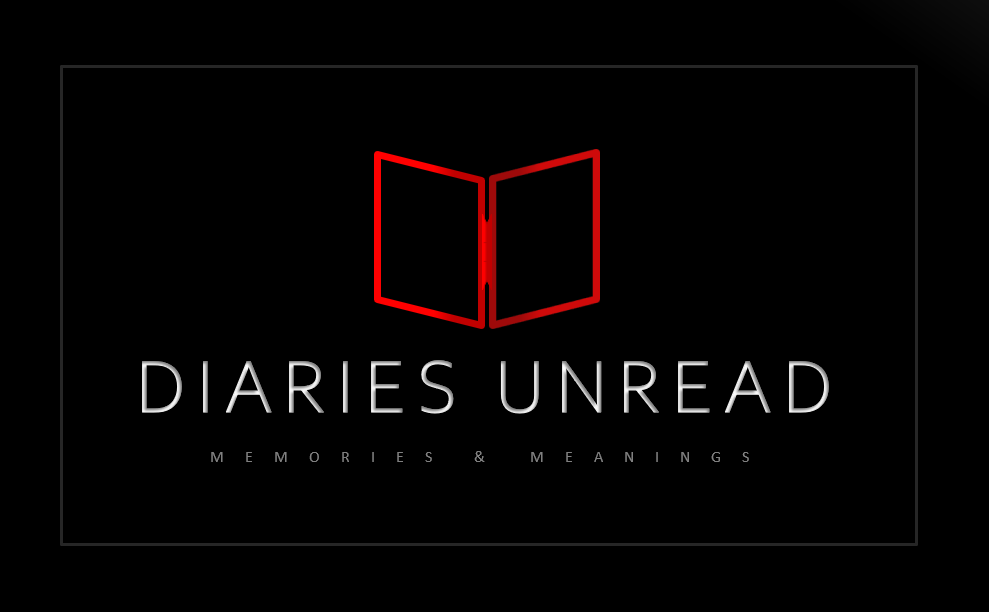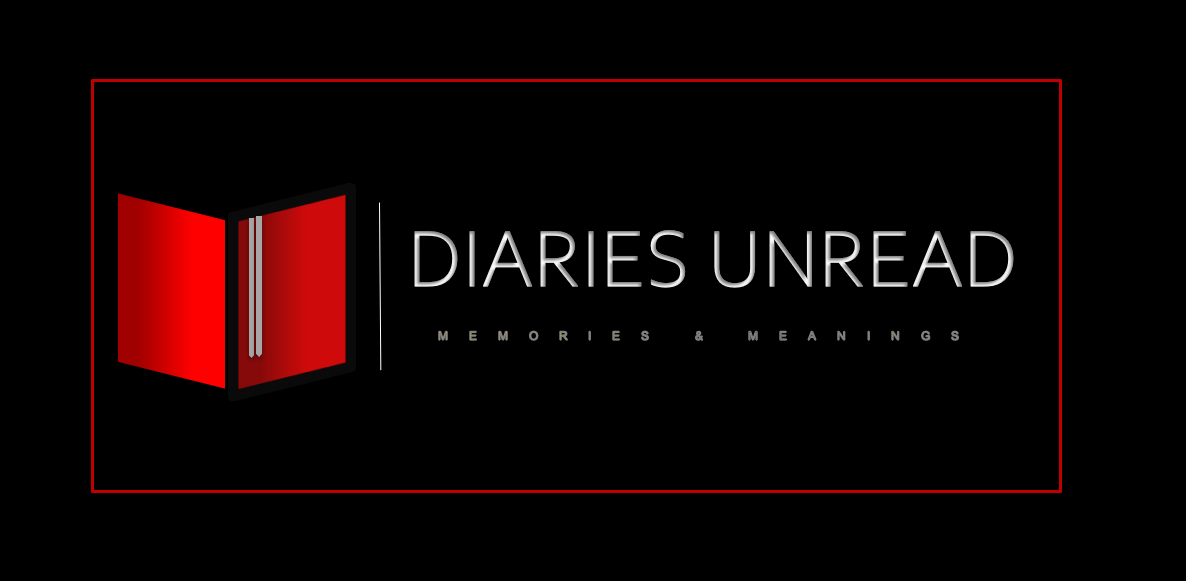Ever heard the rumor? What did you think?
Everyone we’ve met has a story in our minds. They never tell them to us themselves. We write them ourselves by how our minds interpret everything we’ve known and everything we’ve heard or observed of them.
We are forming stories all the time about people. We’re deciding whom we think they might be, even if we do not consciously choose to. It’s like our minds pick up vibes from the person, and uses them to build a persona in our eyes. Their words, their behavior, their attitude etc. They are all material for our brains to build up the story.
Sometimes our opinions about people begin to form almost instantly at first encounter. It seems our brains do this all the time even without our permission.
We then tend to construe (or probably misconstrue) the forms we have built of these people as representing the substance within them. We form opinions about their character based on their behavior. Afterall the wise teacher from ancient Palestine taught that “by their fruit, ye shall know them”.
While this may not be a bad lesson. There seem to be flaws in our mode and tools of judgments about people. For starters we cannot see everything anyone ever does everywhere, every time. And what we get to see is usually what they may be aware we are seeing, and so they probably make sure not to shock us unnecessarily. Which means what is observed is probably being influenced by the observers themselves. (It’s something like what some have termed the “Hawthorne effect”) You almost never get to see the purest of people enough to form an entirely accurate judgement about them. As if this were not worrying enough, it seems to be only a harbinger of more flaws to follow. Because, additionally, the things we get to see of people are usually tainted by our own personal biases.
But what can we say? Our senses and our minds are indeed all we have and no one can ever completely get rid of their own biases.
The people we think we know might end up becoming overnight strangers by some single act we did not expect of them. And sometimes, people we might have judged as never-any-good, end up surprising us. Yet we do form opinions all the time about people as if we haven’t learnt anything from our surprises. Maybe you could say that sometimes we need to, as it tends to be useful in certain circumstances. But what can we do about our flawed tools of judgement? One might agree it could be potentially tragic.
While we may not be able to completely eliminate our errors about people, maybe we can do something about how much we are willing to bet (or not bet) on people. We could practice being more conservative about how much we are willing to declare about people, even if we have seen what we believe is ‘all we need to see’. This can be particularly helpful in a world where rumor mills are stationed in almost every circle.
For example, when you come to know of a rumor or an accusation against a person whom you know is being unfairly defamed, maybe you should not defend the person. Maybe you should defend only the case. That is to defend against the accusation and not the potential defamation. The two are not exactly the same as you might see. It may be safer to target to address the fact that the accusation is wrong (if you know so), than to aim at promoting a claim that their defamation is not merited (since you cannot guarantee all that they’re capable of or even what else they have done already)
You can seek only to assert truthfully and modestly what you know they did, without purporting to suggest to know what they can or cannot do.
Defend only their innocence in the facts of actions instead of defending their innocence in capability.
Maybe the discernment to draw this fine line between the two will serve to preserve your own integrity and credibility; and maybe even your sanity. Your “good people” whom you defend today might fail to your own humiliation tomorrow, even if they did not mean it so. We have seen this too many times from the highest of leaderships to probably even in our own lives.
This, however does not mean that you should never trust anyone. Trust seems to be a vital element of a healthy human experience, and is important for a stable relationship. But it only means you should understand that your trust is an act of faith (with some risk) in a flawed being. And so maybe the depth of the certainty of your expectations should always be informed by this reminder. You will never know the complete past or future of even your twin. But If you only speak the truth that You know in all modesty, time itself can never shame You for it. The truth does not care about yesterday’s devils or tomorrow’s angels. It only stands with whoever stands right today!
Alexander Solzhenitsyn did say, “the line dividing good and evil cuts through the heart of every human being” So while we are on the subject of being cautious to not expect too much or too little of others, maybe you could also take a good look into a mirror when you’re all naked with nothing to hide. Maybe you might find one more person to include on your caution list.
…and as always, do share your thoughts; let’s hear your perspective.




Masterpiece!
LikeLike